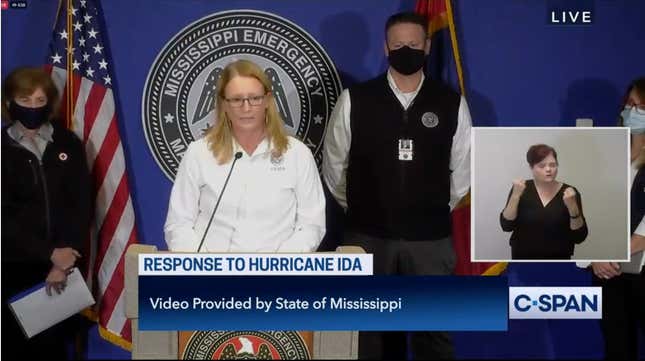
Homes that have been in families for generations are pretty commonplace in Black culture. Known as heirs’ property, many Black people live in houses or on land that they inherited informally and without the paperwork. But when they’re in need of aid after disaster strikes, it is hard to prove ownership.
Luckily, the Federal Emergency Management Agency (FEMA) is planning to change its requirements for verifying homeownership, which couldn’t be more timely as recovery after Hurricane Ida is just beginning. As a result of this change, Black people who have inherited property without any legal documentation will be able to rebuild their homes and lives.
According to NBC, FEMA relied on records like deeds and wills to prove that land belonged to disaster victims before it provided individual aid. Instead of curbing fraud, NBC notes, many Black applicants who owned heirs’ property were denied aid. FEMA Administrator Deanne Criswell discussed improving aid distribution at a news conference with Mississippi Governor Tate Reeves and the Mississippi Emergency Management Agency. “What we’re trying to do is make sure that we understand each individual situation is unique and that we need to not have a one-size-fits-all approach,” she said to NBC.
From NBC:
Under the new policy, which is in effect for natural disasters declared since Aug. 23, such applicants will be able to take other steps to prove ownership, such as showing receipts for significant repairs or improvements at their homes. In some cases, they will be allowed to self-certify to meet the ownership requirements.
FEMA will now also send inspectors to the homes of people who can’t verify their property ownership, rather than send rejection letters that disaster survivors would have to appeal. Applicants able to show other forms of paperwork to employees during the visits won’t have to appeal.
The agency piloted the approach in response to flooding in June and July that inundated homes in Detroit and nearby communities.
“We saw a huge increase in the number of people that we were able to deem eligible,” Criswell said, “where in the past, we would have probably sent that letter and had them appeal the process.”
The agency’s previous policy was particularly punishing for Black communities in the South.
NBC reports that in a Washington Post analysis, FEMA’s denial rate when it came to “title issues” was twice as high in majority Black counties as the national average. After years of criticism, FEMA began using the approach in response to storm flooding that ruined Michigan homes earlier this summer. According to an NPR investigation, the agency enlisted stricter requirements after losing millions of dollars to fraudulent claims after Hurricane Katrina in 2005.

